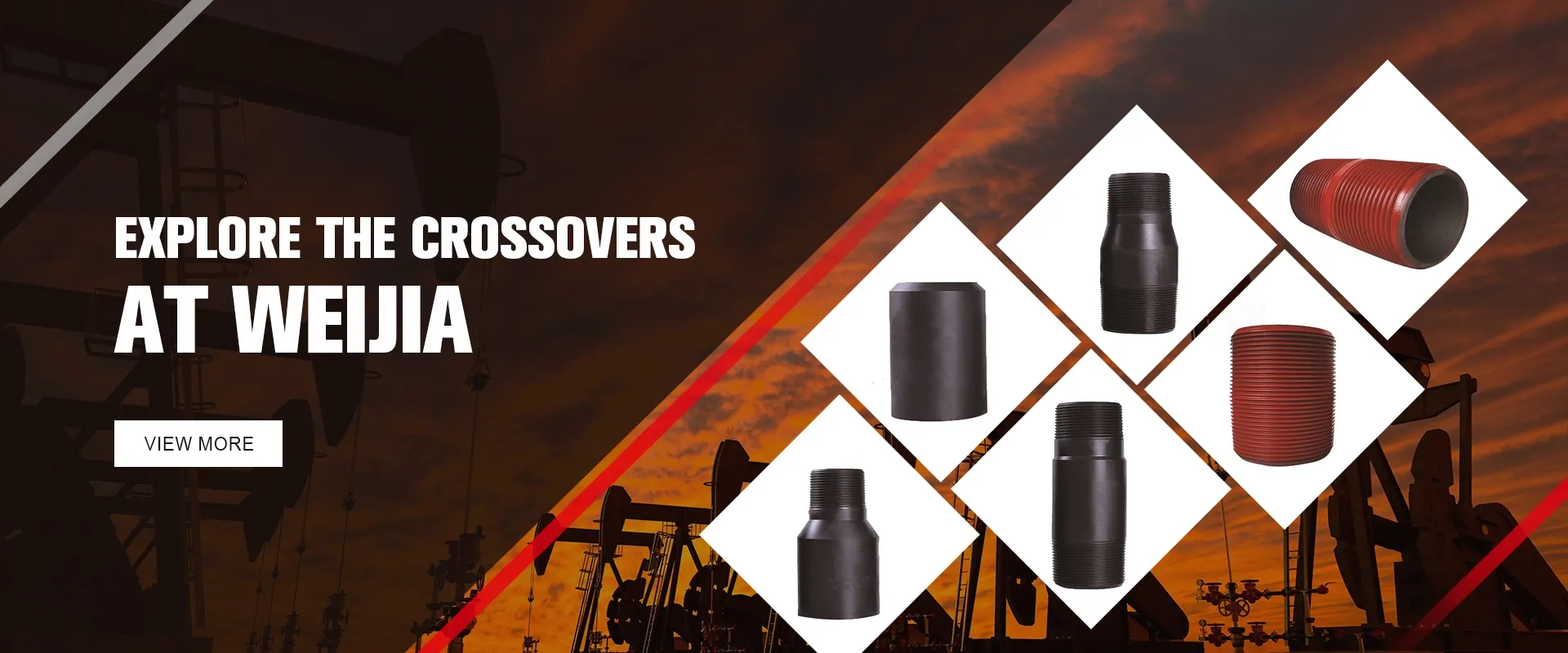- Afrikaans
- Albanian
- Amharic
- Arabic
- Armenian
- Azerbaijani
- Basque
- Belarusian
- Bengali
- Bosnian
- Bulgarian
- Catalan
- Cebuano
- Corsican
- Croatian
- Czech
- Danish
- Dutch
- English
- Esperanto
- Estonian
- Finnish
- French
- Frisian
- Galician
- Georgian
- German
- Greek
- Gujarati
- Haitian Creole
- hausa
- hawaiian
- Hebrew
- Hindi
- Miao
- Hungarian
- Icelandic
- igbo
- Indonesian
- irish
- Italian
- Japanese
- Javanese
- Kannada
- kazakh
- Khmer
- Rwandese
- Korean
- Kurdish
- Kyrgyz
- Lao
- Latin
- Latvian
- Lithuanian
- Luxembourgish
- Macedonian
- Malgashi
- Malay
- Malayalam
- Maltese
- Maori
- Marathi
- Mongolian
- Myanmar
- Nepali
- Norwegian
- Norwegian
- Occitan
- Pashto
- Persian
- Polish
- Portuguese
- Punjabi
- Romanian
- Russian
- Samoan
- Scottish Gaelic
- Serbian
- Sesotho
- Shona
- Sindhi
- Sinhala
- Slovak
- Slovenian
- Somali
- Spanish
- Sundanese
- Swahili
- Swedish
- Tagalog
- Tajik
- Tamil
- Tatar
- Telugu
- Thai
- Turkish
- Turkmen
- Ukrainian
- Urdu
- Uighur
- Uzbek
- Vietnamese
- Welsh
- Bantu
- Yiddish
- Yoruba
- Zulu
well casing coupler
Understanding Well Casing Couplers Essential Components for Oil and Gas Industries
Well casing couplers are integral components in the construction and maintenance of oil and gas wells. They play a critical role in ensuring the structural integrity of the wellbore, facilitating efficient extraction processes, and providing safety protections for both personnel and the environment. This article explores the fundamental aspects of well casing couplers, including their design, functions, and significance in the petroleum industry.
What Are Well Casing Couplers?
Well casing couplers are specialized fittings used to connect sections of casing pipes during the drilling and completion of wells. Casing pipes are tubular structures that line the interior of a wellbore, enabling it to maintain stability and prevent the collapse of surrounding soil and rock. Couplers serve as connectors that link these pipes together, ensuring a secure and leak-proof connection.
Typically manufactured from durable materials such as steel or aluminum, casing couplers can withstand the high pressures and extreme conditions often encountered in deep-well drilling operations. The design of these couplers can vary, with some featuring threads on both ends for threaded connections, while others use welding or other joining methods to ensure a robust bond.
Functions of Well Casing Couplers
The primary function of well casing couplers is to provide a secure connection between casing strings. This is essential because a well typically consists of multiple sections of casing, allowing for depth progression as drilling continues. Couplers also serve to
1. Maintain Well Integrity By securely connecting casing sections, couplers ensure the overall structural integrity of the well, which is critical for safe exploration and extraction of hydrocarbons.
2. Facilitate Pressure Management Couplers help manage the pressure within the casing, preventing blowouts and ensuring that well control is maintained throughout the drilling process.
3. Support Geologic Isolation Properly connected casing strings isolate various geological formations, preventing unwanted fluid migration between layers, which can lead to contamination and operational issues.
well casing coupler

4. Enable Well Intervention From time to time, wells require maintenance or intervention. Couplers allow for sections of casing to be removed or replaced without disrupting the overall well integrity, thus facilitating repairs or upgrades.
Importance in Oil and Gas Operations
The importance of well casing couplers extends beyond their immediate functional benefits. They play a crucial role in enhancing operational efficiency and ensuring safety in the oil and gas industry. Some key reasons for their significance include
- Cost Efficiency By ensuring the structural stability of wells, couplers help minimize the risk of failure. This reduces the likelihood of costly repairs and downtime, ultimately saving time and resources for drilling operators.
- Safety Assurance The oil and gas industry is subject to stringent safety regulations. Well casing couplers contribute to maintaining compliance with these regulations by enhancing well integrity and preventing leakages or blowouts that could pose risks to workers and the environment.
- Environmental Protection A reliable casing system minimizes the chances of hydrocarbon spills and contamination of groundwater resources. This environmental stewardship is increasingly vital as the industry faces growing scrutiny and pressure to operate sustainably.
Conclusion
Well casing couplers are essential components in the construction and maintenance of oil and gas wells. Their ability to secure casing strings, maintain pressure, and support geological isolation underscores their critical role in the industry. As drilling technologies evolve and the demand for oil and gas continues to grow, the importance of efficient and robust coupling solutions will only increase.
The advancement of materials and coupling technologies promises even greater reliability and performance, helping the industry meet its operational targets while adhering to safety standards and environmental guidelines. Therefore, understanding the function and significance of well casing couplers is paramount for engineers, operators, and stakeholders in the oil and gas sector.
-
Tubing Pup Joints: Essential Components for Oil and Gas OperationsNewsJul.10,2025
-
Pup Joints: Essential Components for Reliable Drilling OperationsNewsJul.10,2025
-
Pipe Couplings: Connecting Your World EfficientlyNewsJul.10,2025
-
Mastering Oilfield Operations with Quality Tubing and CasingNewsJul.10,2025
-
High-Quality Casing Couplings for Every NeedNewsJul.10,2025
-
Boost Your Drilling Efficiency with Premium Crossover Tools & Seating NipplesNewsJul.10,2025







